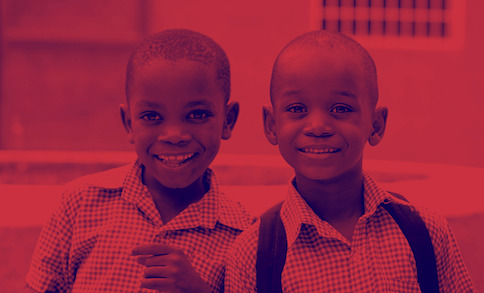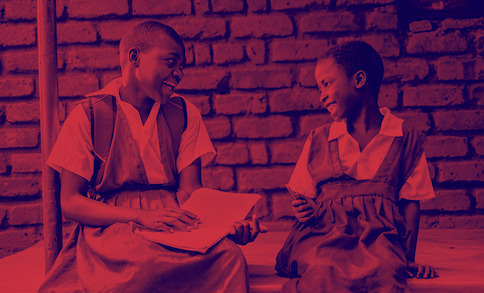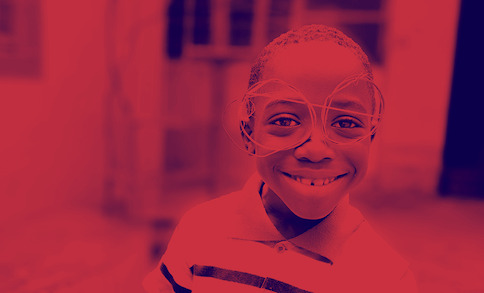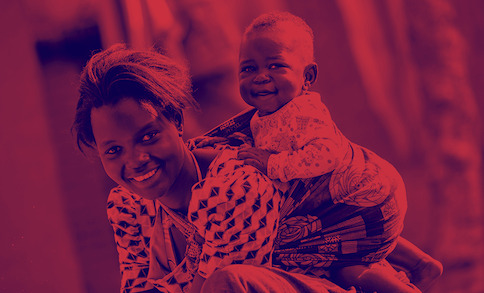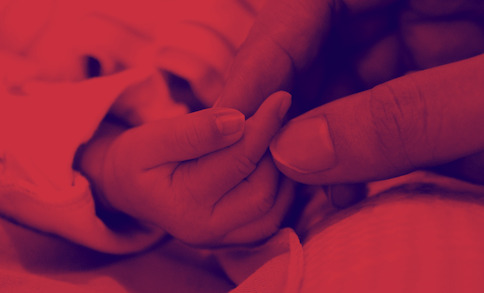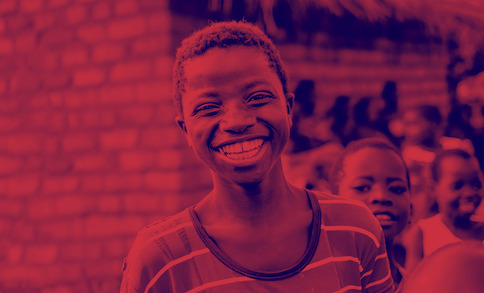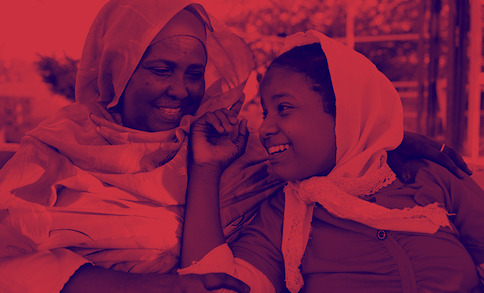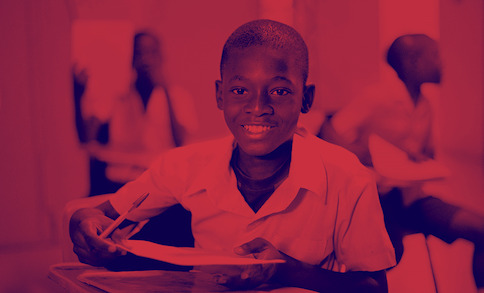
Michelle Bosquet Enlow
Harvard University
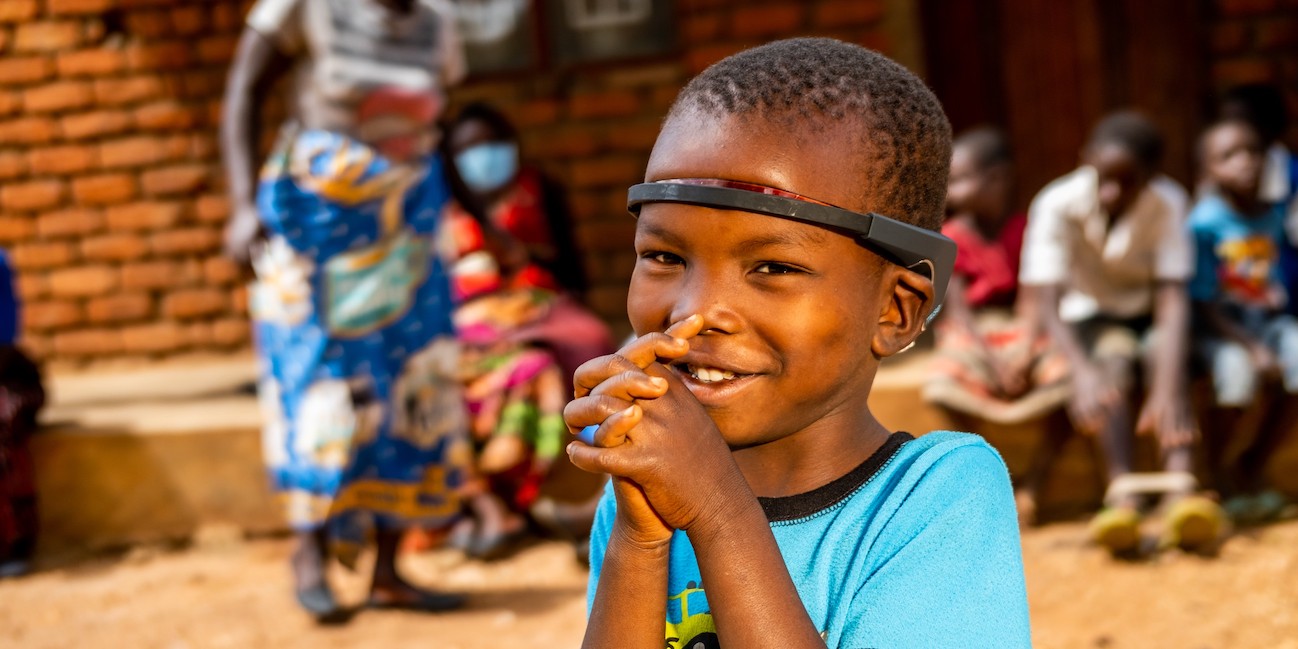
The future of a child in a developing country is shaped by many factors - living conditions, illnesses, nutrition, early stimulation, education and violence against children. Ideally, programs targeting children in such contexts would monitor all of these factors at high frequency, such that the needs of each child may be addressed at the right time. In developing countries like Malawi, this could not be further from reality. Data on child and youth development is scarce and often available only at large intervals, forcing Government and international organizations to “fly blind” in their efforts to help such countries towards a better future.







The Child Development Study (CDS) combines a number of technologies to track information about children and youth development. Each of these technologies are tailored to developing country settings such as that of Malawi, collecting weekly information across multiple dimensions. For instance, phone surveys are used to track health symptoms, wearable sensors are employed to track contacts and language interactions between children and caregivers, and other wearable devices are used to collect non-invasive bio-markers such as brain waves and heart rates, which can help to predict cognitive and non-cognitive development in response to certain stimuli.
Such data has the potential to shed light on the developmental trajectories of Malawian children and youth, including the critical inflection points at which various interventions are crucial. The data also has the potential to support the Malawian public health system in swiftly detecting the threat of an epidemic, be it from malaria to malnutrition, and trigger early warning systems to mobilize scarce resources where they are needed most.
Importantly, the CDS will be carried out in villages served by early childhood development (ECD) centers in the context of the School Readiness Initiative of the Roger Federer Foundation. The data streams generated by CDS, together with randomized interventions, will allow for a deep understanding of the impacts of various ECD interventions on children of different ages.
Combined with rigorous policy evaluation, this wealth of data will not only inform the scale-up of successful and redesign of unsuccessful projects, but ultimately will allow for the customization of interventions to the needs of each child and adolescent, not only in Malawi but in other developing countries affected by similar challenges and constraints.
The loop: child and adolescent under-development, as existing programs struggle to deliver the right intervention at the right time.
Breaking the loop: high-frequency data on child and youth development aided by customized technologies to inform timely responses, tailored to the needs of each child and adolescent.
High-quality data on child development is essential to choose and implement cost-effective interventions that have the greatest benefits for child development with limited resources. When data is collected and updated frequently, the benefits are multiplied.

Harvard University

ISI Foundation, University of Torino

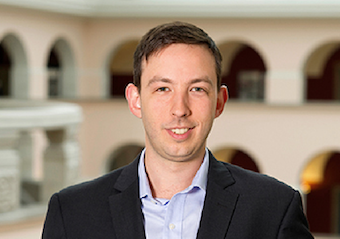
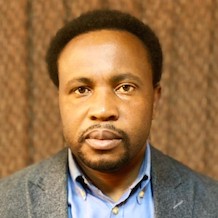
Kamuzu University of Health Sciences

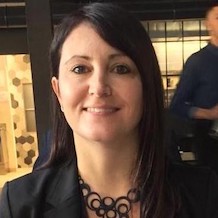
ISI Foundation

University of Alberta
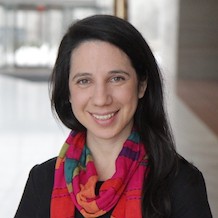
Northwestern University
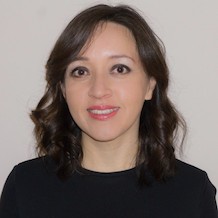
John Hopkins University

Princeton University
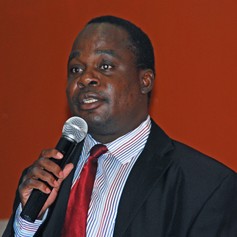
Center for Social Research Malawi

University of Stanford

Princeton University
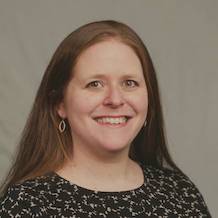
Princeton University
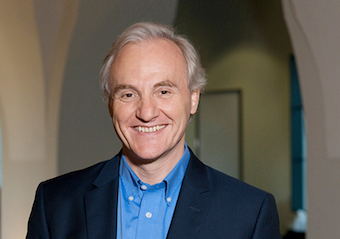
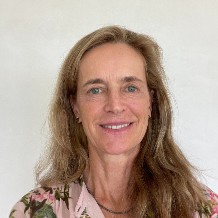
Roger Federer Foundation, Lemann Foundation

UNICEF Foundation Switzerland

Yale Child Study Center
